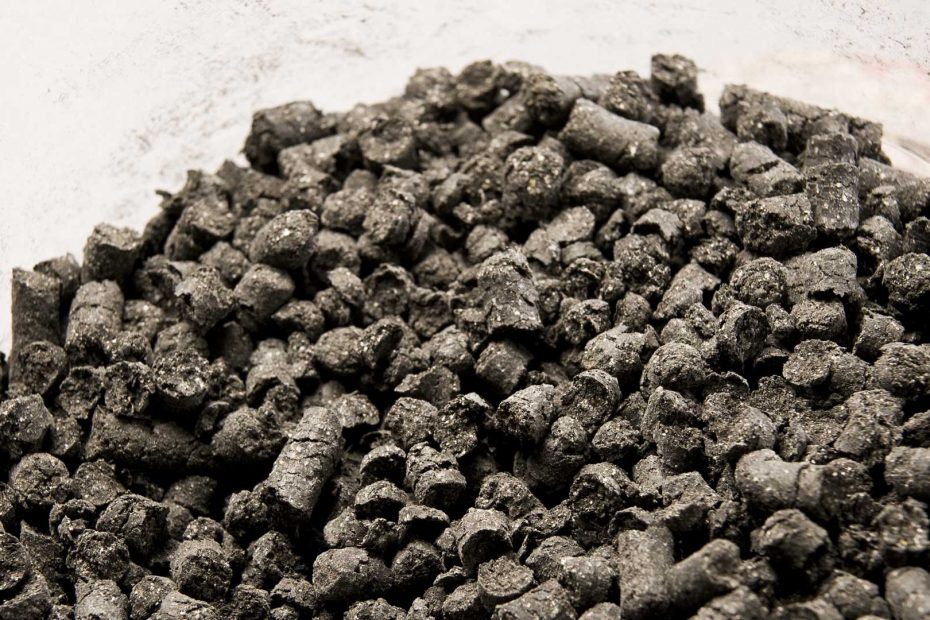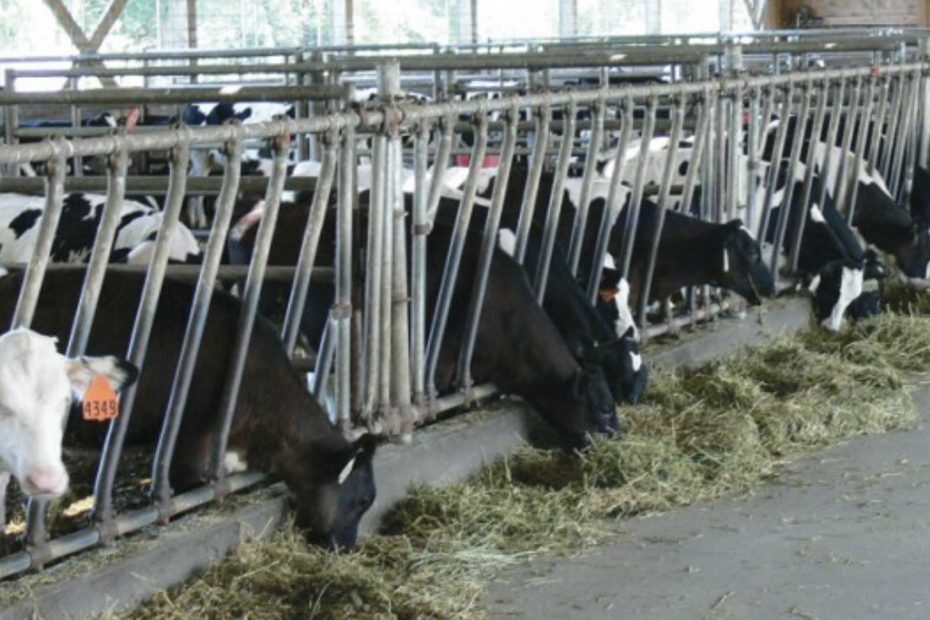Distiller’s dried grains with solubles (DDGS) are not to blame for low-quality Baby Swiss cheese
This project shows that feeding DDGS does not cause defects in Swiss cheese; and can be utilized by ethanol and dairy producers when making decisions about their feed rations. Continue Reading Distiller’s dried grains with solubles (DDGS) are not to blame for low-quality Baby Swiss cheese

